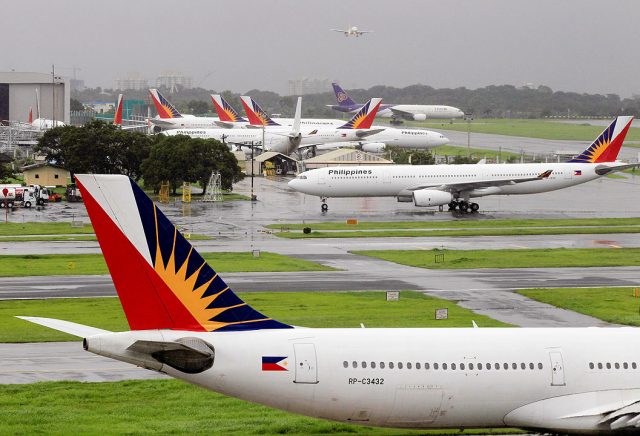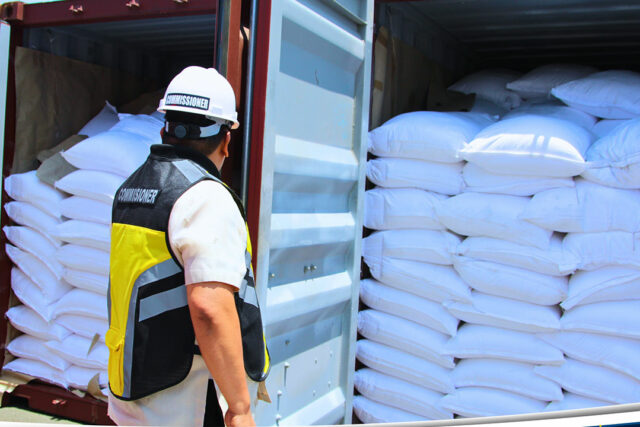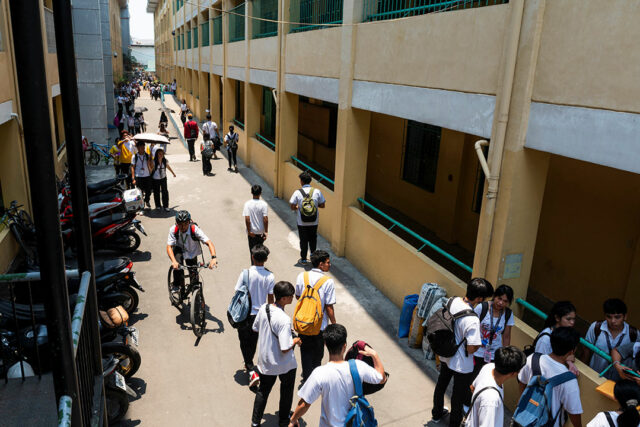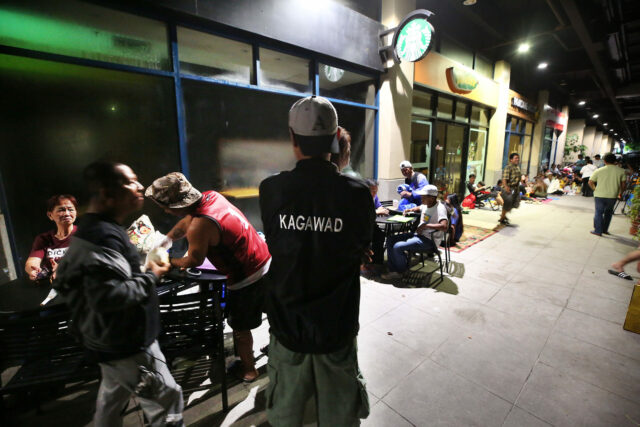PRC, CHED sign circular for teachers

THE Professional Regulation Commission (PRC) and the Commission on Higher Education (CHED) on Thursday signed a joint memorandum circular aimed at aligning the Board Licensure Examination for Professional Teachers (BLEPT) with the current CHED Teacher Education Curriculum, set to begin in September 2025.
Under the new policy, licensure examinations for teachers will now be administered according to specific fields of specialization, reflecting CHED’s updated program standards and guidelines.
For Elementary Education, separate examinations will be held for Early Childhood Education and Special Needs Education; while aspiring teachers for Secondary Education will undergo distinct assessments based on their respective fields, which include English, Filipino, Mathematics, Science, Social Studies, Values Education, Technology and Livelihood Education, Technical-Vocational Teacher Education, Physical Education, and Culture and Arts Education.
The initiative stemmed from President Ferdinand R. Marcos, Jr.’s directive following a March 2025 meeting with the Second Congressional Commission on Education (EDCOM 2), where he underscored the urgent need to reform teacher education and licensure to address persistent gaps in learning outcomes and teaching quality.
“We need to make sure that the assessment of our aspiring teachers reflects their specializations,” EDCOM 2 Co-Chairperson Sherwin T. Gatchalian said in a separate statement. “Implementing specialized versions of the LEPT is one step to address teacher-subject mismatch, which will eventually help us improve the quality of instruction in our schools.”
According to EDCOM 2’s findings, nearly two-thirds (62%) of high school teachers in the country are assigned to teach subjects outside their college majors.
This mismatch is partly due to how the current BLEPT structure fails to assess specific teacher specializations.
Data from the March 2024 BLEPT showed that graduates from key programs such as MAPEH (34.1%), Technical Livelihood and Technical and Vocational Education (33.2%), and Early Childhood Education (42.1%) posted significantly lower passing rates compared to the overall average of 62.9%—highlighting the exam’s misalignment with the actual curriculum.
The joint circular introduces specialized licensure exams starting in September 2025.
“By September 2025, we will endeavor to have specialized exams for teacher education programs, including early childhood and special needs education. This provides an additional layer of quality assurance, ensuring that the Department of Education can effectively seek out not just any licensed individual but specifically those who are rightly qualified,” said PRC Chairperson Charito A. Zamora in a statement.
“This alignment of the LEPT with the teacher education curriculum ensures that our educators are not just qualified but are deeply knowledgeable in their specific fields. This is a big step towards providing the quality education that our students deserve,” said EDCOM 2 Co-Chairperson Rep. Roman T. Romulo.
The reform is also a precursor to broader legislative changes. Pending in both chambers of Congress are proposed amendments to Republic Act No. 7836, or the Teacher Professionalization Act of 1994.
House Bill 9979 passed the House on March 19, 2024. In the Senate, similar bills by Mr. Gatchalian, Lorna Regina B. Legarda, and Emmanuel Joel J. Villanueva are currently under review. — Chloe Mari A. Hufana











